A plethora of profanity is like boils on the bum of an otherwise worthy book. A few months ago, I read a short, professionally published novel that was utterly spoiled for me, because of the bad language the author chose to spew from the mouth of nearly every speaker.
Portrayal of contemporary realism by basing dialogue on profanity and obscenity is heavy-handed, and panders to the lowest common denominator. Excess expletives quickly lose their emphasis value: It doesn’t take long before the four-letter words begin to blur, like overlapping graffiti on a ghetto wall. Disreputable dialogue does not make “finely drawn” characters. Swear words also make rotten substitutes for commas.
One reason for the proliferation of potty-mouthed prose may be because usage gurus turned against adverbs and adjectives, saying that they must be slashed from manuscripts; otherwise the writing would be labeled old-fashioned, maudlin, “purple prose.” But after excising those enriching parts of speech, nothing was left but the language of the gutter: “turning the air blue” with “colorful” speech, in the original sense of the sayings.
I tried to use such expressions judiciously in Irish Firebrands. It was a matter of character development: the important, named characters with speaking roles each used different approaches to cursing or swearing. One used only G-rated euphemisms; two characters occasionally profaned the name of Deity; one exhibited immaturity by acting out that included bad language and worse behavior; and one character swore one oath in the last chapter. The rest of them, named or unnamed, didn’t cuss at all.
 The only entertaining oaths and curses I ever read were those that issued from the mouth of General Jean Dessalines (rendered in both French and English) in Lydia Bailey, a historical novel by Kenneth Roberts. I have no idea what Dessalines was really like, but Roberts did six years of research to write the book, so perhaps he found vitriolic verbiage in the General’s correspondence. Here’s a sample:
The only entertaining oaths and curses I ever read were those that issued from the mouth of General Jean Dessalines (rendered in both French and English) in Lydia Bailey, a historical novel by Kenneth Roberts. I have no idea what Dessalines was really like, but Roberts did six years of research to write the book, so perhaps he found vitriolic verbiage in the General’s correspondence. Here’s a sample:
You horned animals….
Pick up your feet, you insects….
You one-legged dogs!
Sons of goats, fathers of pigs, brothers of cats!
You animals without milk!
You species of mules!
Son of a female goat by a little gray monkey….
Merde!
Mer de merde….
Fimié pice! Flea manure!
Kakamacaque! Monkey manure!
Who told you all this kakacochon….
Fimié sec!
That fimié sec, that mer’ de mouton….
The smallest piece of fimié sec on a donkey’s backside….
Fifteen dried pieces of manure on a monkey’s backside!
There are twenty more, and they’re very creative, but they’re also profane. Dessalines is also the only character who habitually speaks in this manner.
The book that so disappointed me was bought from a mail-order catalogue, an impulse purchase made on the basis of the setting. Now I’m more careful about looking for writing samples, before I buy.
Judged by the Company One Keeps
~ AnonymousOne night in late October,
When I was far from sober,
Returning with my load with manly pride,
My feet began to stutter,
So I lay down in the gutter,
And a pig came near and lay down by my side;
Then I sang “It’s all fair weather,
When good fellows get together,”
Till a lady passing by was heard to say:
“You can tell a man who boozes,
By the company he chooses,”
And the pig got up and slowly walked away.

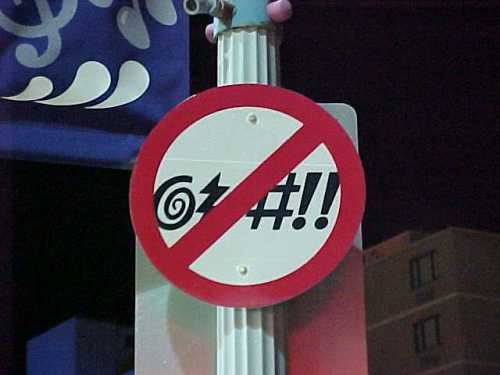
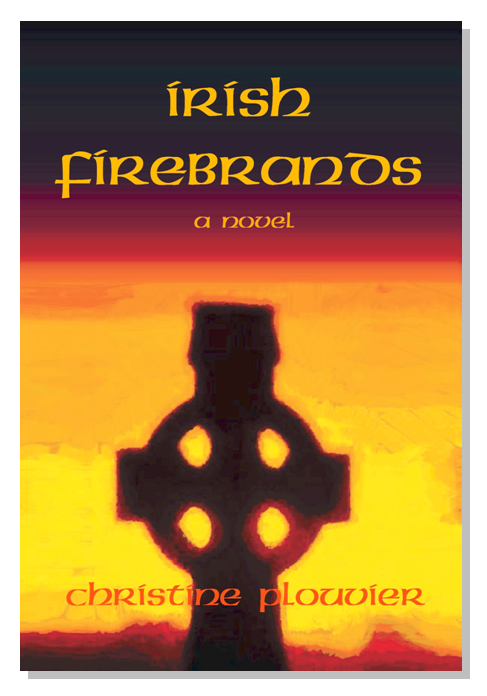
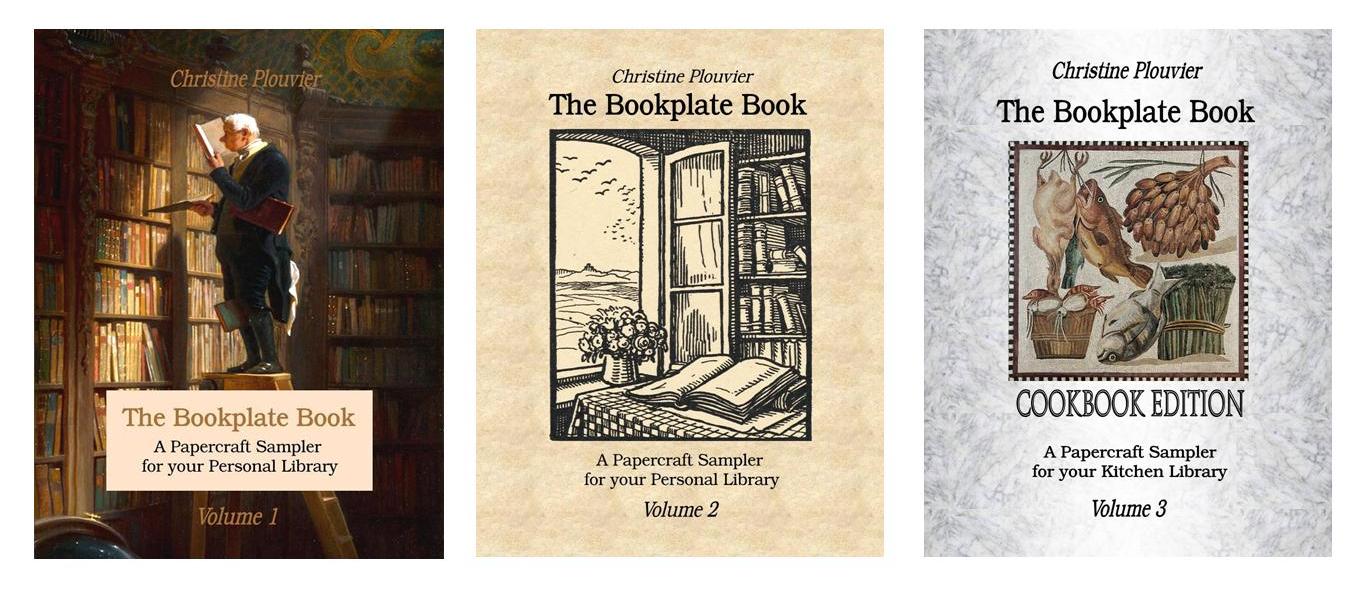


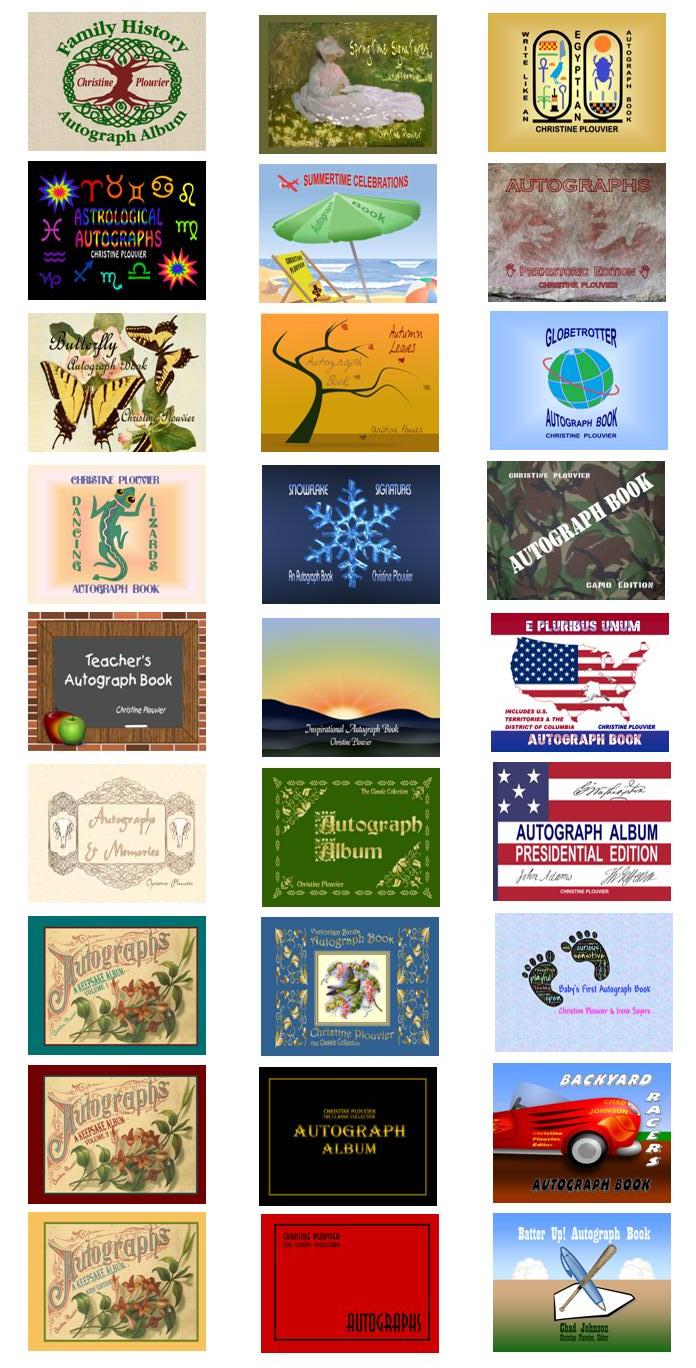

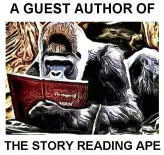

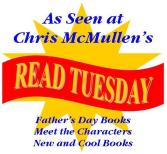
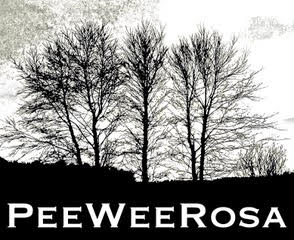










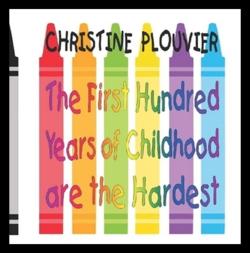
Great post – I agree with you less is more, but every and now and then a swear word manages to sneak onto my pages, and I’ll leave it there if no other approach carries the same weight. James McBride’s The Good Lord Bird had some wonderfully creative alternatives to swearing as well, as John Brown, a main character, was deeply religious and wouldn’t abide the soldiers under him taking any profanities on the lords name. Great book, if you haven’t read it yet!
I sneak in a few adverbs too, for much the same reasons as above. I used ‘animatedly’ in the short story I posted and no one has rallied the mob to burn it just yet…
LikeLiked by 1 person
Thank you! Writing is one of the Fine Arts. Art communicates. As artists, we use words to portray the scenes we see inside our heads. Our novels are like having the Louvre or the Art Institute of Chicago between our ears. Novelists paint verbal pictures that enable readers to walk through those mental galleries with them. We have to use the right color words.
Thanks for the reading suggestion, too. I’ll look for it.
LikeLike
Excellent post, Christine! There are times that it would be ridiculously unrealistic not to swear at all, but the author can certainly tone it waaaay back and still make an impact. Sadly, I see on a lot of literary agents’ websites something to the effect of, “The more swearing, the better.” Seriously. Your poem was really funny, too. 😀
LikeLiked by 1 person
Thanks, Rachel! You’re right, about realism and impact – bad language happens, but it’s a blunt instrument, and I prefer not to have my brain bludgeoned. I hope I never run into any of those “literary” agents!
Isn’t that old poem a hoot? It’s been one of my favorites for more than 40 years. I think it’s been put to music, but I’ve never heard it sung.
LikeLike
It amazes me what kind of *smut* people can think of to publish. I was in a book store tonight looking for a book I heard about that lists agents, and lo and behold, right there in the writing reference section, was a photo book about, ahem, “man parts!” I was floored! I don’t understand how some people just think of vulgarity as entertaining.
Even in my story about spousal abuse, while the first half is very graphic, I do keep in mind that while keeping it realistic, I do not want to disturb the reader, so I try to paint enough of a picture that they can fill in the blanks. When I write, I actually do a word search afterwards and search for “dirty words” and make sure I don’t use any that don’t really need to be there.
Yes, that poem is great! I can definitely see that being a song back in the day. 🙂
LikeLike
Wonderful post! It annoys me that writing, like speaking, has debased itself to the idea that swearing is something that “everybody does.” I understand the importance of strong statements and occasional swearing, but goodness! I’m sure I miss out on a lot of good stories simply because I can’t get past the profanity. Wonderfully put, as always!
LikeLiked by 1 person
Thank you, phantom! I wasn’t raised in that kind of verbal environment, either. I can recall overhearing my father use a euphemism only once: “Aw, rats!” (He was fixing the clothes washer, at the time.) I also remember when he and my mother visited me when I was attending university, and a youth standing in front of us in the queue to the cafeteria was using every four-letter word known to man. My father confronted him: “Do you MIND? My wife and daughter are here!”
LikeLike
Good for him!! And my dad would say “fooey.” But “rats” would come out occasionally as well.
LikeLiked by 1 person
I’ll use it if it advances the story, or if that was what was said. I write in the hope that what I write will be read. With that in mind, I don’t use language that would offend the general public. I was a sailor for 9 years, and a boilermaker for 37. If I write about that, gritty language is there because it was there.I keep it down though. I’m not above using it, but it would have to be necessary to the story..
LikeLiked by 1 person